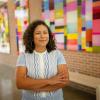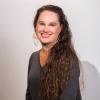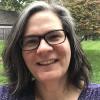
Intro Blog

Discussion
In this facilitated discussion, we will explore the power generated at the intersection of culturally responsive teaching and PBE. We invite your participation!
Webinar Panel
Recorded: September 10th at 12pm EDT
Moderator: Roberta Hunter
Panelists: Gail Richmond, Mike Szydlowski, Beatriz Cañas, and Anna Lees
Description: Many teachers are heading back to the physical classroom this Fall with some lessons learned after a tumultuous year as a result of the pandemic. This interactive webinar will involve discussions around where we were, where we are, and where we could be as we reboot our classroom practice. Now is a great time to enhance our practice and lead with phenomena to contextualize learning for our students. Leading with phenomena allows students to engage in sense-making so they can focus more on "figuring out" over just learning about science facts.
Theme Videos
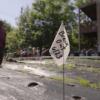
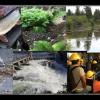

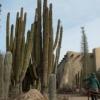
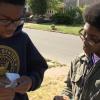
Synthesis Brief








